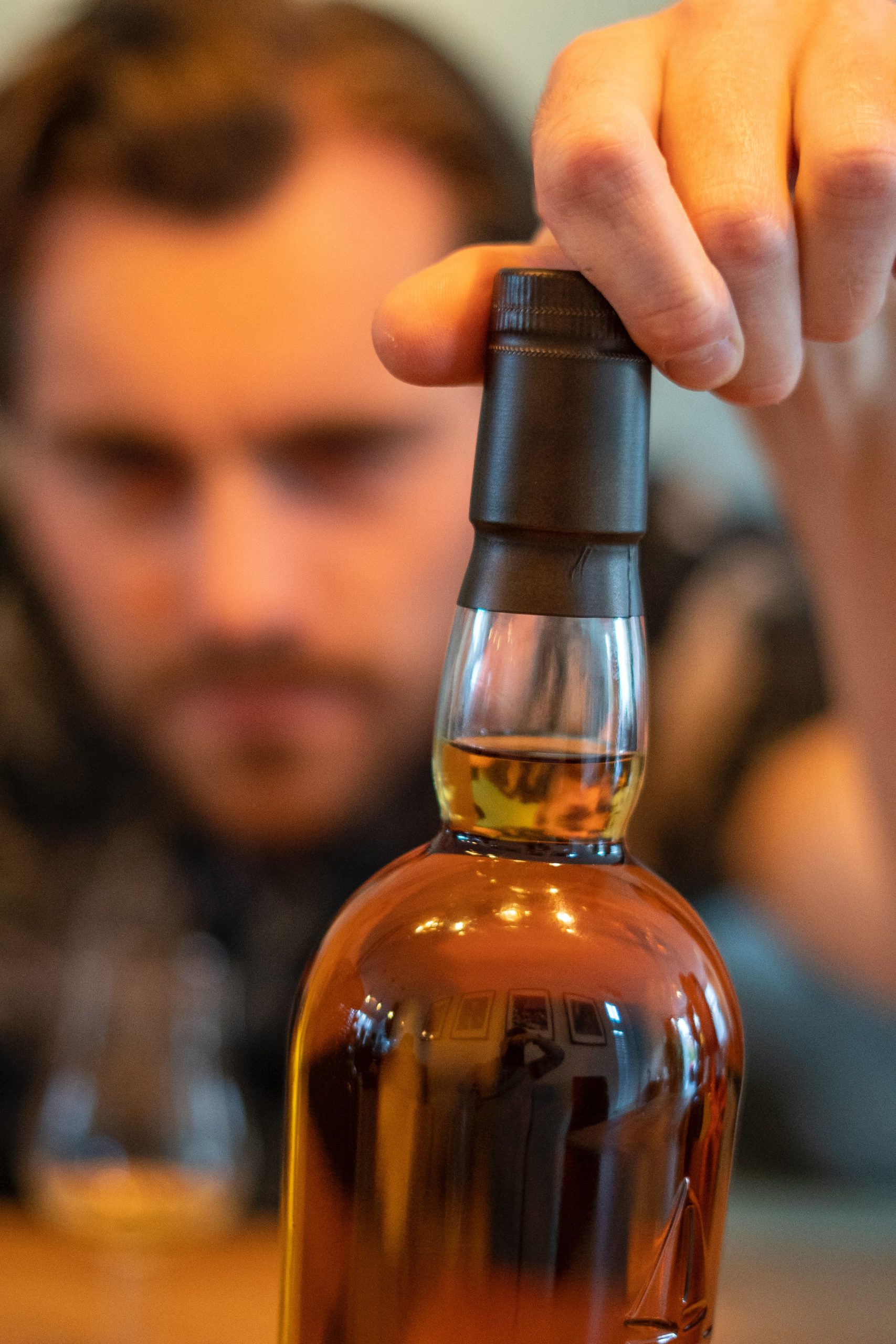What is alcohol use disorder?
Alcohol use disorder, formerly termed alcohol addiction, is a brain disorder that can range from mild, moderate to severe. People who drink regularly develop a tolerance to alcohol which progresses to dependence and addiction. Long-term alcohol use changes your brain’s structure and function and damages neural pathways, resulting in brain chemistry changes that affect your physical and mental well-being.
When you’ve decided to start the process of finding out how you can stop drinking, and are considering entering a rehab for alcoholics, the first step on the road to recovery is to accept that you have a problem.
When you are drinking alcohol habitually in excessive amounts, and find that you cannot go without it, you might have a problem.
There is a difference between drinking moderately and drinking habitually.
Moderate drinkers generally don’t have a problem and will indulge in one drink a day, normally as a way to unwind. South Africa is home to a burgeoning population of recovering addicts, counsellors, and specialists, making it an excellent setting for drug rehabilitation centres. Get in touch with us for more information on our South Africa treatment centre.
Habitual drinkers tend to go overboard and might even end up drunk, every day, sometimes beginning their day with a drink and continuing from there. Not all alcoholics will drink until intoxicated, but what all have in common is their uncontrollable need to drink.
There is also a difference between addiction and abuse when entering an alcoholic rehab. Those who abuse alcohol can still turn back without experiencing any physical effect.
However, those who have gone beyond the point of no return are termed dependent because they have become physically and mentally dependent on alcohol. Without their daily dosage, they can start to experience the effects of withdrawal.
This is because alcohol is toxic to neurotransmitters, chemical signals and electrical impulses in your brain that carry messages to the rest of your body. Prolonged alcohol use causes cerebellum atrophy (brain shrinkage), resulting in ataxia, an irreversible degenerative disease of your central nervous system.
A combination of medical detox, medication, psychotherapy and group support therapy is used at alcohol rehabs to successfully treat alcohol addiction as part of an integrated addiction treatment programme, whether it be an inpatient or outpatient centre.
If you feel you have a problem with alcohol and that it’s time to empty the bottle, know that there is a way out, a way to stop drinking alcohol, and to enjoy a life of freedom and sobriety. Even the worst addict has beaten their alcoholism and turned their lives around. And with the use of alcoholic rehabilitation, so can you.










